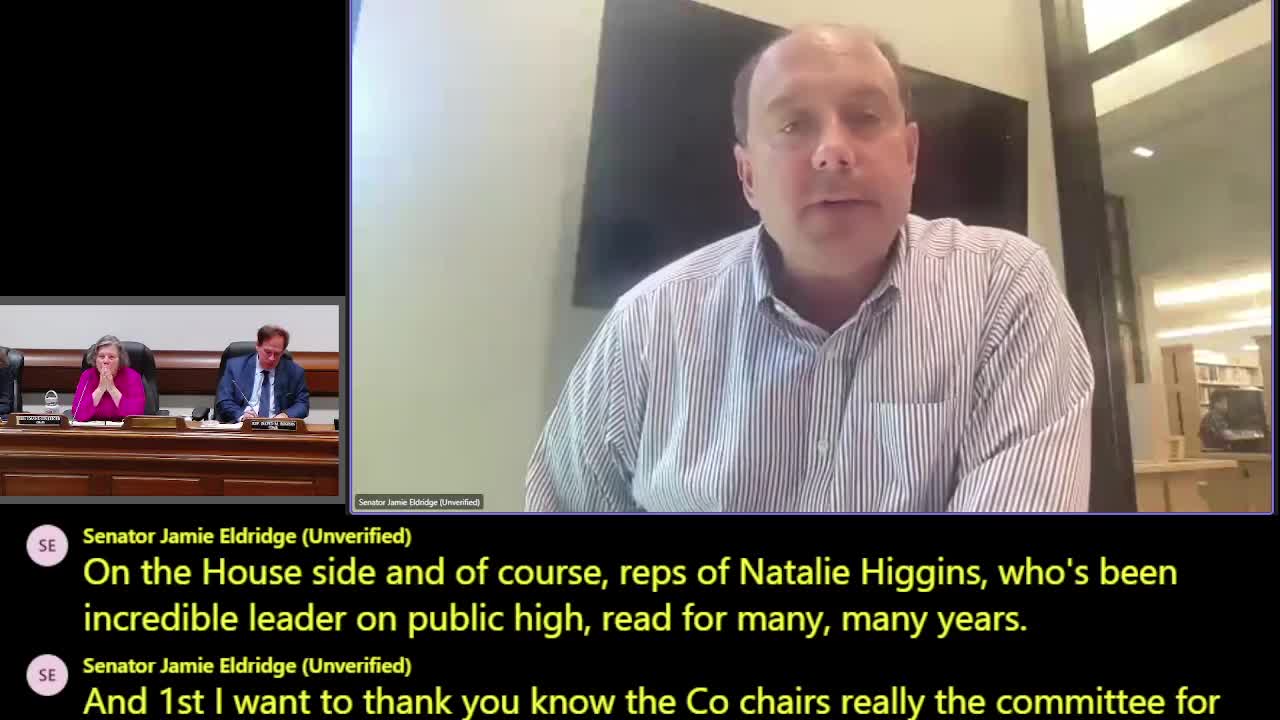Article not found
This article is no longer available. But don't worry—we've gathered other articles that discuss the same topic.
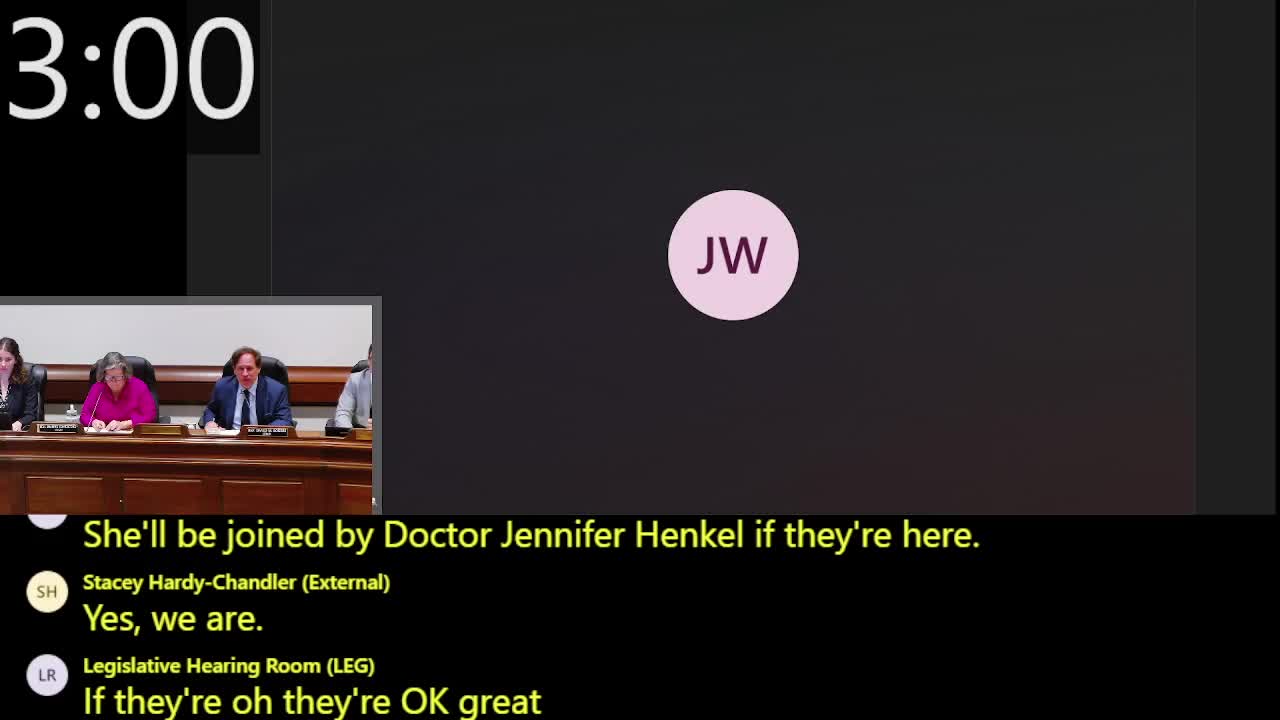
Debate over ‘Super Act’ centers on removing master's licensure exam, funding paid internships
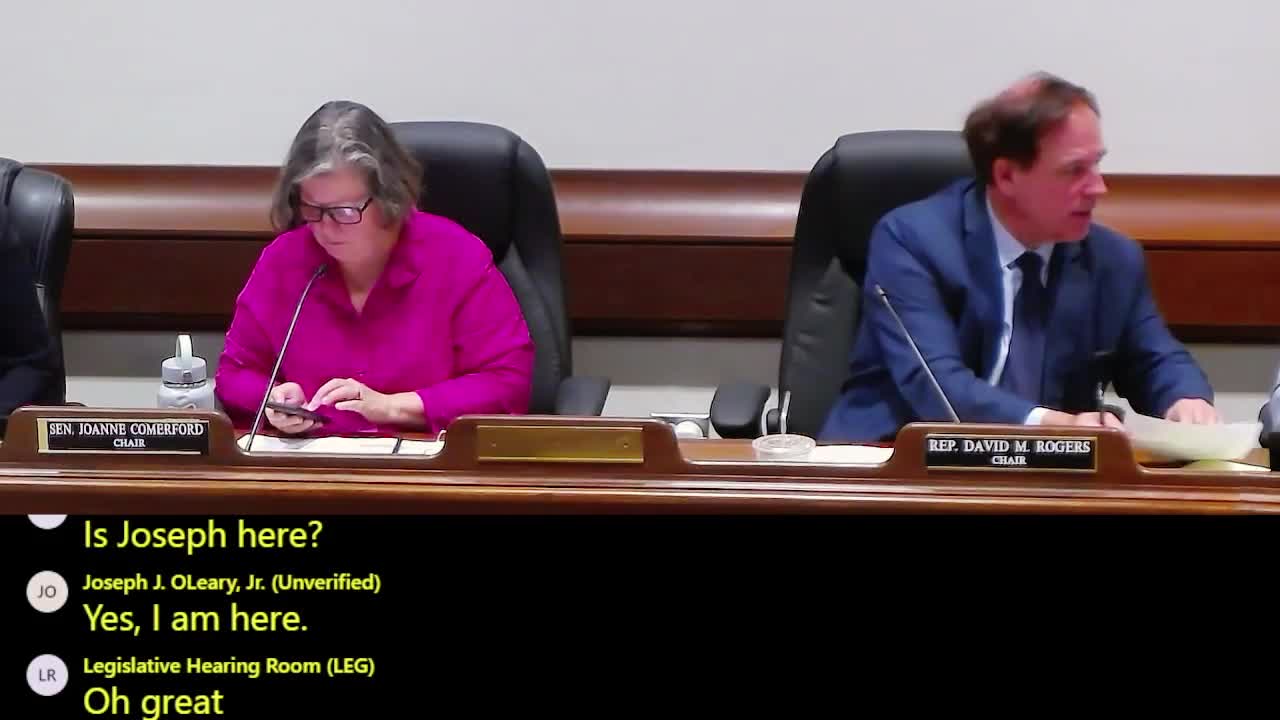
Grandparents and advocates press committee to extend tuition waivers to kinship guardians
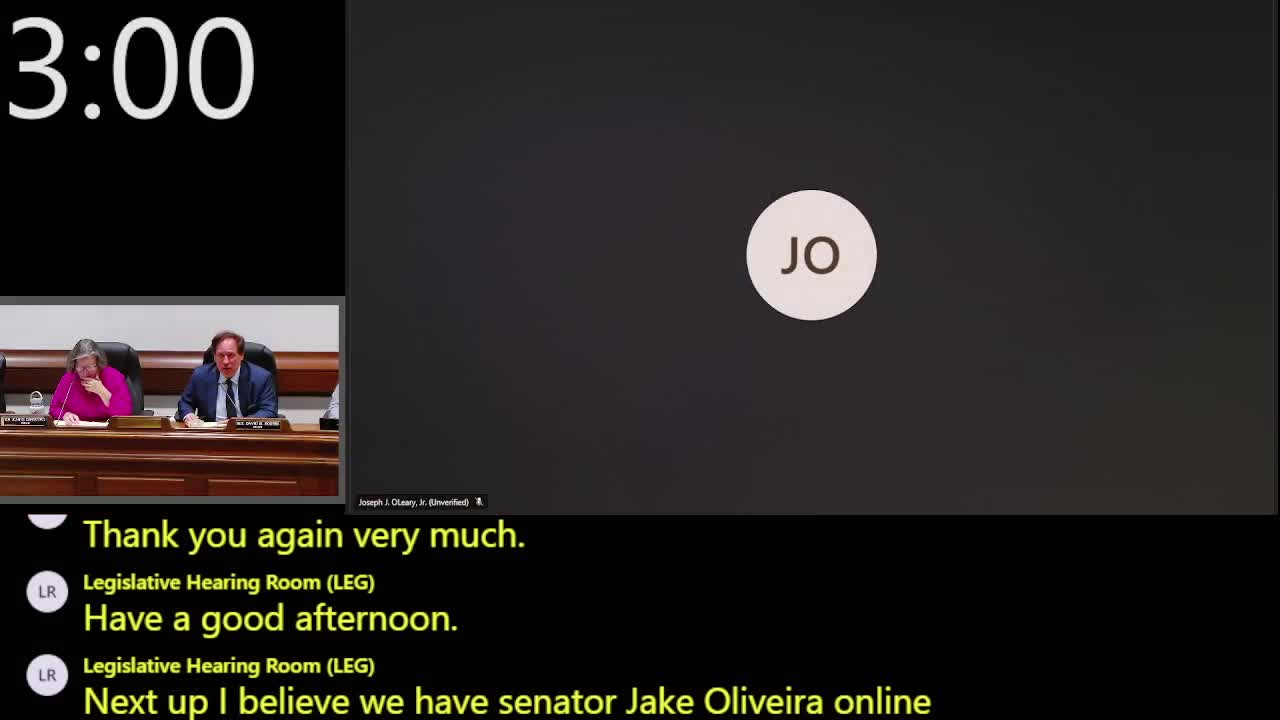
Senator seeks limits on public-college directory disclosures, citing data-mining concerns
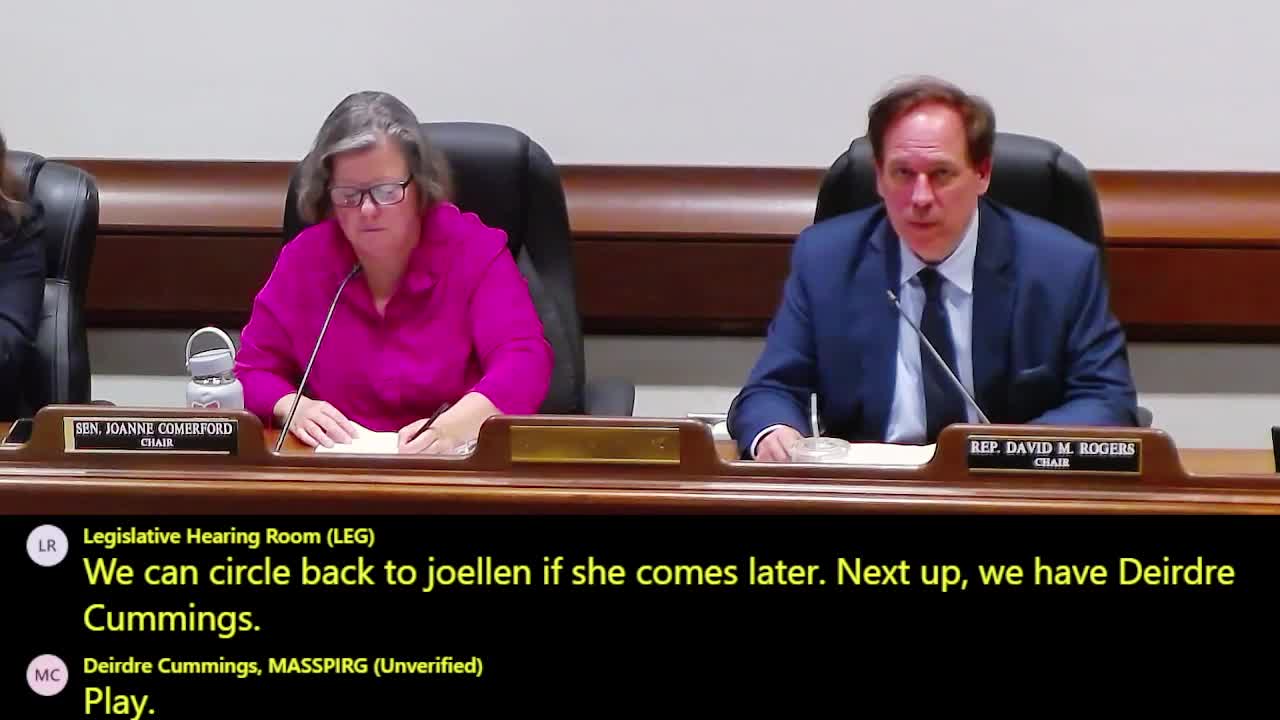
Advocates push state Open Educational Resource fund to cut textbook costs and improve outcomes
